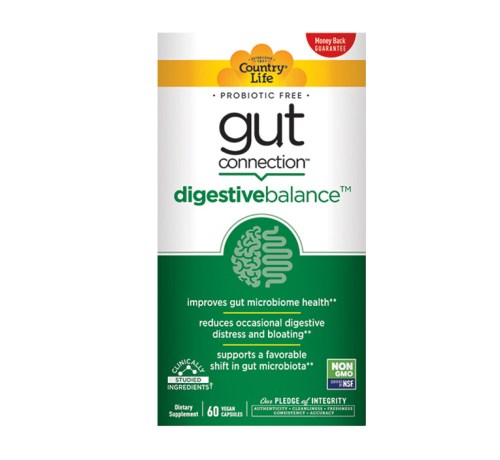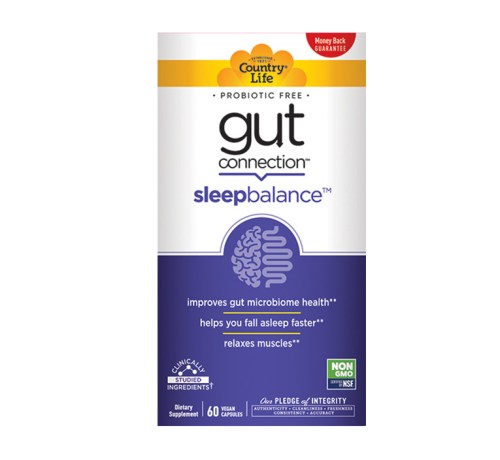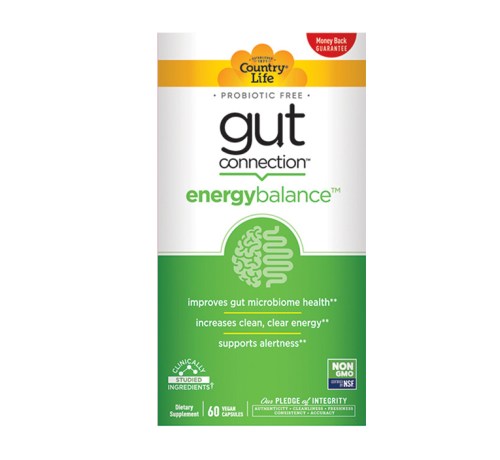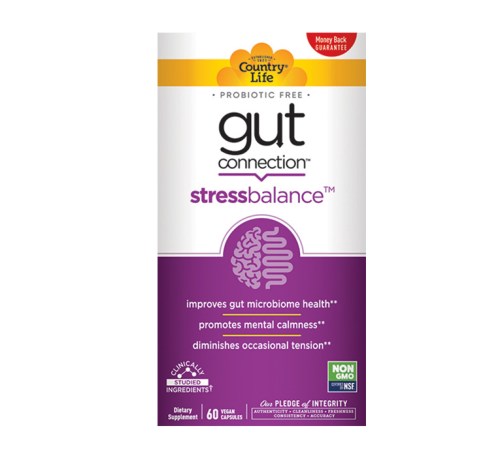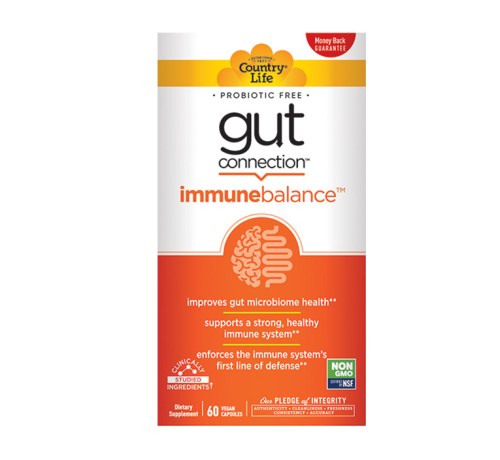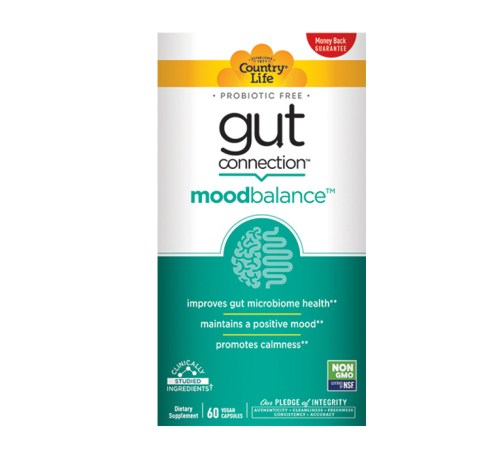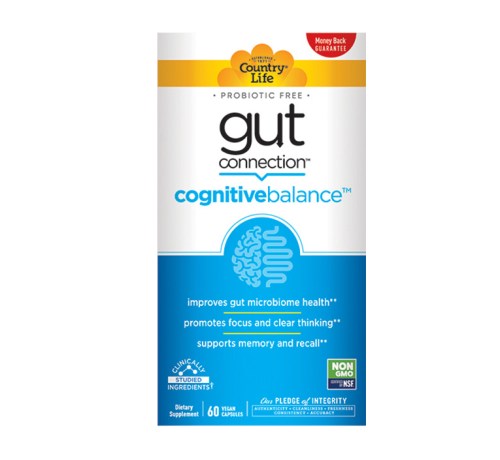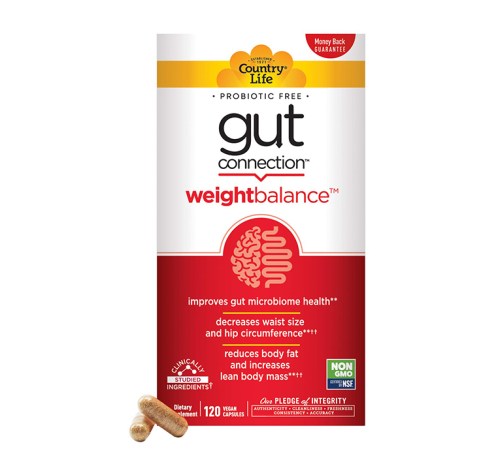Here’s Why More Probiotics Might Not Be the Key to Good Gut Health—and What to Take Instead
But what if all that good-for-you bacteria may not actually help you? According to Audrey Ross, naturopathic doctor and senior national educator at Country Life Vitamins, more isn’t always better when it comes to probiotics.
“The myth is that the more CFUs of probiotics you put in your body the better, as evident when you look at how probiotics are being marketed today with the focus on bacteria counts,” Ross says. “People have that tendency to look for quick fix instead of getting to the root cause, which takes a little more time and effort.”
So how, exactly, are you supposed to figure out the right way to support your gut health? Ross is sharing her advice—including finding the right Gut Connection™ by Country Life® gut health supplements to support your specific needs—to get you on track to good gut health, for real.
Scroll down for her advice on improving your digestion situation, including the gut health supplements that can help.
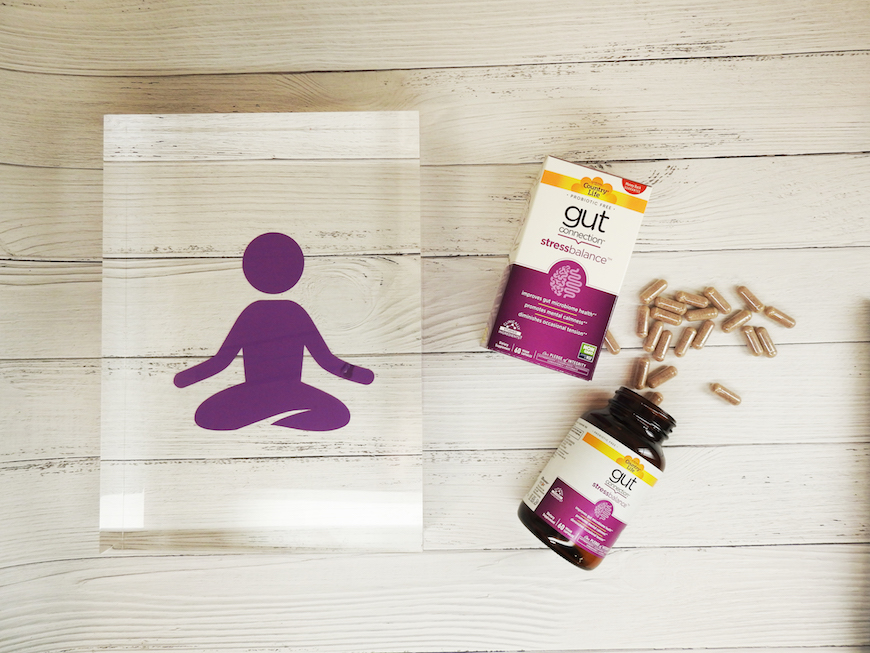
1. Stay balanced
Instead of just loading up on probiotics (seriously, you probably don’t need them in your cereal), Ross recommends a three-pronged approach, starting with remembering that keeping your gut healthy is a balancing act between probiotics and the prebiotics they feed on.
“Our microbiome is like our fingerprint—each one of us has a unique complex of bacteria in our body, all in a very delicate balance,” Ross says. “But, over time, many factors may affect the delicate balance in your gut, such as antibiotic usage, poor diet choices and age."
2. Give yourself a gut-health assessment
Preserving that equilibrium is where the second step of the process comes into play: getting to the bottom of what could be causing any gut discomfort you might be experiencing. Solving that riddle could involve working with a professional, but Ross says you can learn a lot just by pausing to listen to your body.
“Honestly evaluating your diet and lifestyle will often lead you to some changes you can make that will benefit your gut as well as your overall health,” she says. “Do you have high stress levels? Are you eating a balanced diet? Too much sugar? Are you getting enough sleep?”
Run yourself through a personal wellness check-up, and think about the areas where you can improve. As you start to make changes, Ross recommends journaling how you feel so you can track any improvement. Figuring out where you need the most support is key for step three.
3. Choose your supplements
Now that you've identified some of the potential culprits for your digestive woes, you’re ready for the final part of the process: picking out the gut health supplements that can best help with your concerns.
All eight Gut Connection supplements contain a prebiotic yeast fermentate that research has shown can help balance gut bacteria, Ross says, and it's combined with other clinically researched ingredients to support various needs like stress, sleep, immunity, and more so you can choose the right one for you.*
"When you are nourishing your gut you then can absorb and utilize your nutrients better," Ross says. "And when you take researched nutrients with positive results, it may help you feel better in many ways.*"
SHOP SUPPLEMENTS
Sponsored by Country Life Vitamins
Top photo: Getty Images/shapecharge
*These statements have not been evaluated by the Food and Drug Administration. This product is not intended to diagnose, treat, cure or prevent any disease.
Loading More Posts...
